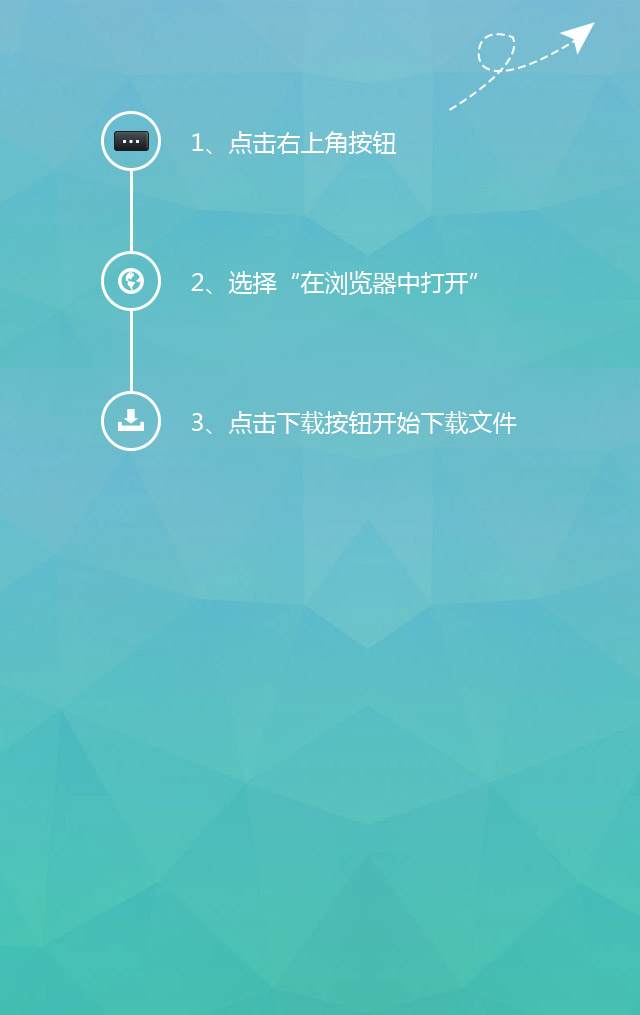A comprehensive guide to fixing water heater leaks
A comprehensive guide to fixing water heater leaks
In the cold winter, water heaters are an indispensable part of our lives. They provide us with warm and comfortable hot water, making every corner of our home filled with warmth. However, when a water heater leaks, it not only affects our daily lives, but may also cause safety hazards. This article will give you a detailed introduction to the causes and solutions of water heater leakage, helping you quickly restore warmth and tranquility in your home.
1. Analysis of causes of water heater leakage
Aging of seals: There are many seals inside the water heater, such as rubber gaskets at the interfaces, which can easily age and harden after long-term use, resulting in loose sealing and water leakage.
Water pressure is too high: If the water pressure of the household water supply system is set too high and exceeds the endurance range of the water heater, it may cause the safety valve to automatically drain and depressurize, manifesting as water leakage.
Water quality problems: When hard water or water containing impurities enters the water heater, long-term accumulation will form scale in the inner tank or pipes, corrode metal parts, and eventually lead to water leakage.
Improper installation: During the installation process of the water heater, if the pipe connections are not tight or the position is improper, it may also cause water leakage.
Component damage: If key components such as heating pipes and heat exchangers are damaged, water leakage will also occur.
2. Solutions to water heater leaks
Check and replace seals:
Turn off the power or gas valve of the water heater to ensure safety.
Carefully check the seals around the leakage point. If any signs of aging or damage are found, you should promptly purchase new seals of the same model and replace them.
When replacing, pay attention to cleaning the interface to ensure that no impurities affect the sealing effect.
Adjust water pressure:
Use a pressure gauge to check the water pressure of the household water supply system. If it exceeds the recommended range of the water heater, you need to contact the property management or professional for adjustment.
Note that when adjusting the water pressure, you should follow the guidance in the water heater manual to avoid low or high water pressure that affects the normal use of the water heater.
Clean scale regularly:
Regularly clean the water heater with a professional descaler to reduce scale corrosion on the water heater.
Before cleaning, make sure the power supply or gas valve of the water heater is turned off and follow the steps in the instruction manual.
Check and reinstall:
If you suspect that the leak is caused by improper installation, ask a professional to inspect and reinstall it.
During the installation process, pay attention to the tightness of pipe connections and the stability of the water heater to ensure that there is no hidden danger of water leakage.
Replace damaged parts:
If you find that key components such as heating pipes and heat exchangers are damaged and cause water leakage, you should contact the manufacturer or professional maintenance personnel in time for replacement.
When replacing, please choose new parts that match the original parts and ensure that other parts are not damaged during the replacement process.
3. Preventive measures
Regularly check the operating status of the water heater to detect and solve problems in a timely manner.
Use high-quality water sources to reduce scale production.
Follow the usage and maintenance instructions in the water heater manual to avoid damage caused by improper operation.
Through the above methods, you can effectively solve the water heater leakage problem and take corresponding preventive measures to ensure the long-term stable operation of the water heater and bring lasting warmth and comfort to your family.
推薦
-

-

QQ空間
-

新浪微博
-

人人網
-

豆瓣

